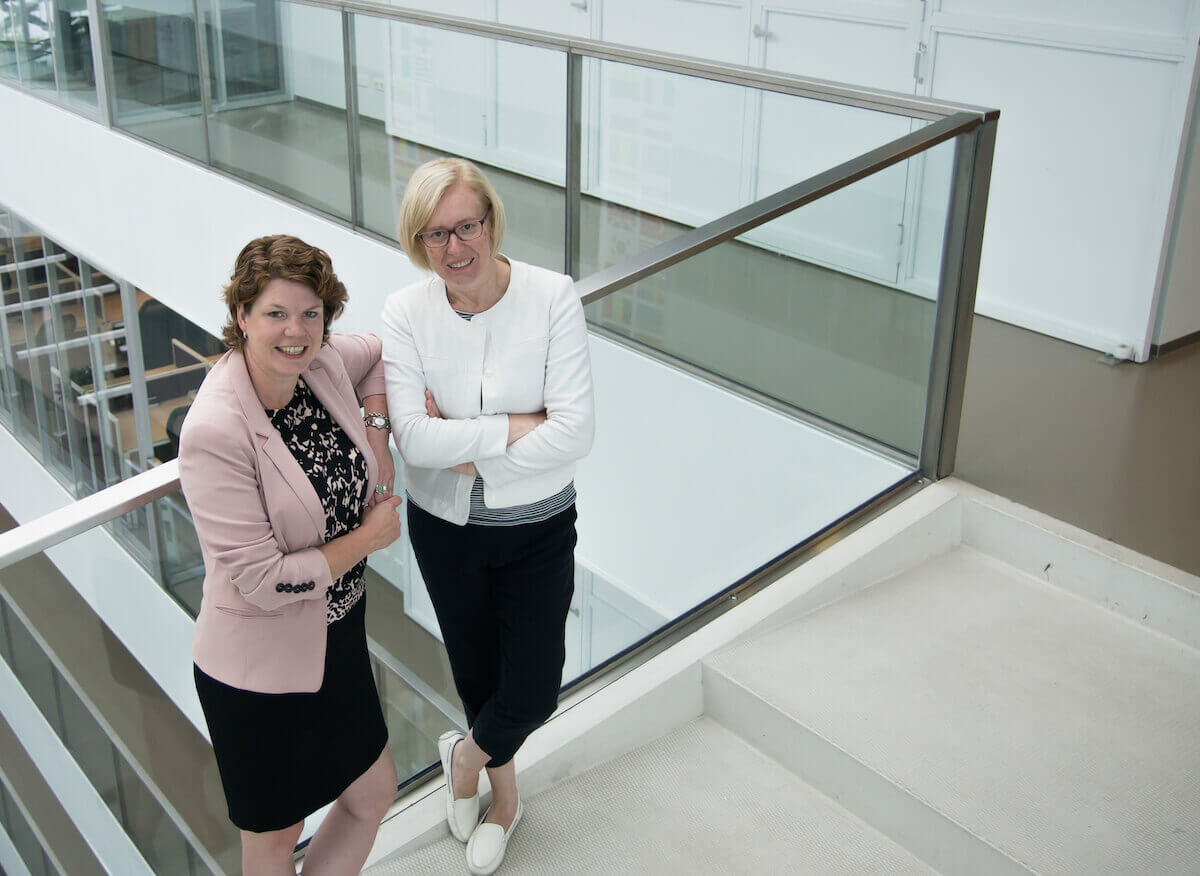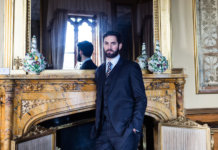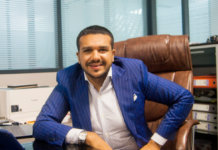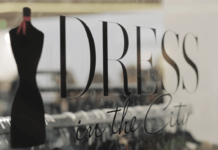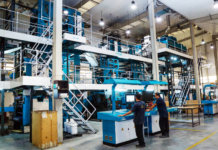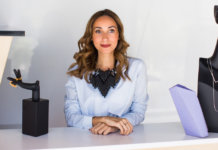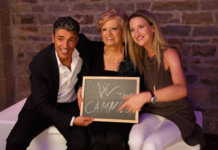Most of the important lessons in family, business, and walking the tightrope between both are learned through trial and error. Two Dutch professors and their team of researchers are leading an academic effort to study and coalesce these experiences in the hopes of providing a valuable resource for family owned businesses around the world.
Ilse Matser, PhD and Anita Van Gils, PhD are leading the research efforts at the Windesheim University of Applied Sciences with campuses in Zwolle and Almere, Netherlands. Matser is a Professor of Family Enterprises and the Director of the Dutch Centre of Expertise in Family Business. Her area of focus is mainly on consolidating continuity in family businesses through good governance and proper arrangements concerning succession. Van Gils is a Professor of Family Enterprises and focuses on strategic entrepreneurship, with a special focus on innovation, sustainability and growth in the activity portfolio of family enterprises.
Their work at the Dutch Centre of Expertise in Family Business is concentrated on three specific lines of research: the added value of family as a business resource, good governance in family businesses, and entrepreneurship down through the generations. The team at the centre organises workshops and seminars to share their findings with family businesses. Some examples of research projects they’re recently conducted include: Succession in the Agricultural Sector: From Kitchen Table to Family Charter, The Benefits of Positioning a Business as a Family Enterprise, Advisory Board Adds Value to SME Family Enterprise, and Innovative Capacity in Family Businesses.
Recently Tharawat Magazine had the opportunity to sit down with Matser and Van Gils to discuss their research, how they partner with the business community, and challenges and opportunities for family owned businesses in the Netherlands.

The type of research you conduct you call “engaged scholarship.” Can you tell us what that means and how you interact with family businesses in your community?
IM: I should start by saying we have a lot of appreciation for what family businesses do. Our research is focused on business practices; we try to empower the entrepreneur with the energy of family business.
AVG: We start with looking at what is relevant for family businesses and have them give us the questions they want answered. Some questions we can answer immediately and for the more complex questions and issues, we work with them to arrive on a research objective that benefits both parties. This way it has value for us in research and it has an added value for them as well in their day-to-day. When we formulate a research proposal, we have to include a number of specific businesses who are interested in this and who have already committed to help us explore this subject. For examples, Judith and Ilse have a project exploring advisory boards and there are 15 business included in the project. Those businesses make the time for them so the researchers can visit and participate in the company. That not only provides new information for theory but can also offer valuable advice to similar enterprises.
What are the biggest challenges and opportunities for Dutch family businesses?
IM: A positive development that we see is that the new generation is more open and more appreciative of family businesses. So you are seeing family businesses leverage more on their family-owned identity. A good example would be Bavaria, they won the family business award worldwide. They now have a new slogan: Welcome to the family. It is an interesting shift towards perceiving it as a competitive advantage.
One of the challenges that we see is the families trying to separate ownership from management and not allowing conflicts of interest between the two. It means that many family businesses are trying work on professionalising their structures.
AVG: I think that the problems are the same worldwide. I recently did research in Limburg, a Dutch province, and there we found that about one third of the business owners thought that their children did not want to continue the business and therefore they planned to sell the business. There is quite a large number who find that the best option. And with companies who planned to sell within a year, only a little more than half of the business owners knew how much their business was worth. So these are the typical challenges that we find for family businesses globally. The Netherlands is no exception.
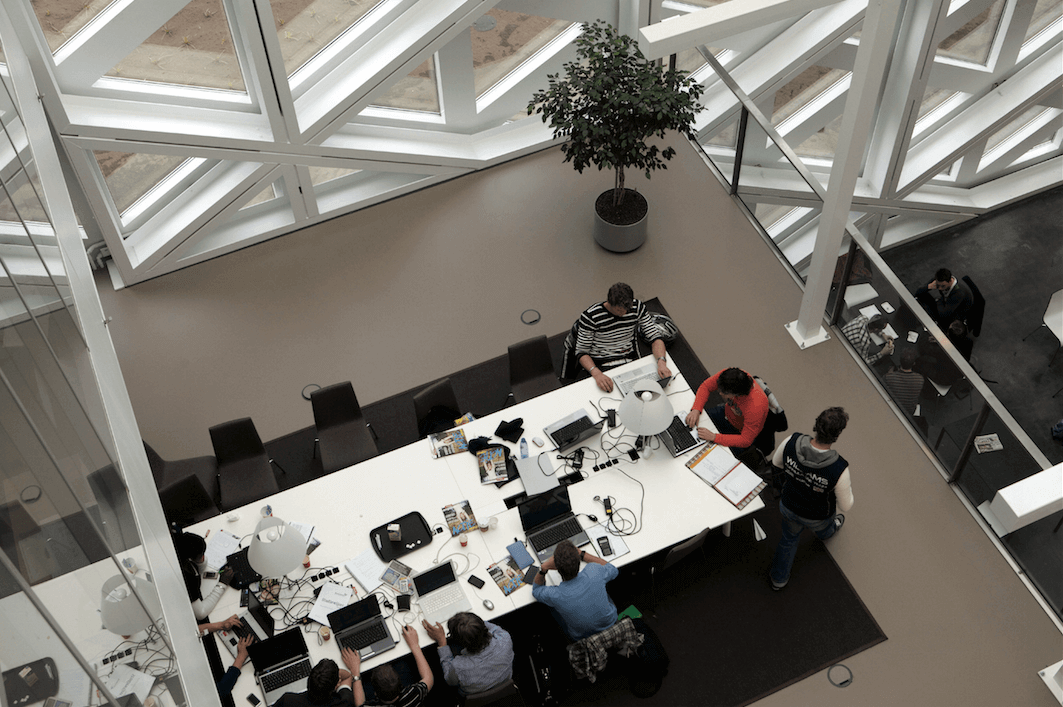
So succession is a big challenge?
IM: What we found is that there is a group of 2nd generation business owners, usually over 55 years old, who in the past, were under an obligation to take over the business. It was not an option not to. Now those people have kids around the age of 18 to 20 years old, and they want their kids to make their own choices whether or not to take over the business. Maybe those children will not get the opportunity to be involved with the family business. They may feel quite distant from the business. So yes, succession is a big challenge.
Can you talk about how you divide the research areas between you? How is that structured?
IM: It’s really all about balance. Right now, we have two major streams, good governance and strategic entrepreneurship. Good governance is where I play a part, together with a few other people. This will look at issues such as how to organise family governance: Do we want to organise family meetings? How to get the process started? What other ways are there to improve communication between family members? And good governance also includes all the issues surrounding succession. Succession is a trigger for innovation also in governance practices.
AVG: And my focus, strategic entrepreneurship, looks at what you already are doing, but at the same time, working on new opportunities, and the growth that brings, and the need for sustainability. The idea of the family as a resource. The 4th Industrial Revolution will disrupt many industries. Family firms aiming to sustain their competitive advantage will have to invest in strategic reflection and be open to new entrepreneurial opportunities.
From the research you have conducted, what have you learned about the importance of advisory boards in the operation of a family-owned business?
AVG: When you see the businesses who are doing strategically well, it’s usually those who don’t mind working with the right Advisory Board or Supervisory Board. Those are the ones who are open to advice. Research executed in the Netherlands has illustrated that only 4% of businesses actually worked with an Advisory Board. We did the same survey recently and it is still that low. The companies who don’t have an Advisory Board are mostly afraid to lose their independence. The owners of the company became entrepreneurs because they wanted to be autonomous. But what we found is, all those entrepreneurs who have an Advisory Board are very content with it. They said because they have an Advisory Board, it made them think strategically about their vision and mission. They say. ‘We now know what we do want and what we don’t want. And we can focus much better because of it.’
IM: Through the different projects that we did, this has at least led to a much wider understanding and deeper knowledge about advisory boards. Family business owners understand that it is something to consider. We have information available for every entrepreneur to learn more about it and how to use it. I think that that is something of an actual achievement. We have strong roots in the region, so we do projects together with the province. We are starting a new project to support 30 more family businesses and help them with their governance practices.
AVG: Even if we do get them to work with an advisory board, we need to remind them that as a company you can change your goals and needs. In the beginning it is all about new products and new markets but later you may need to consolidate your company and then you need new advisors too.
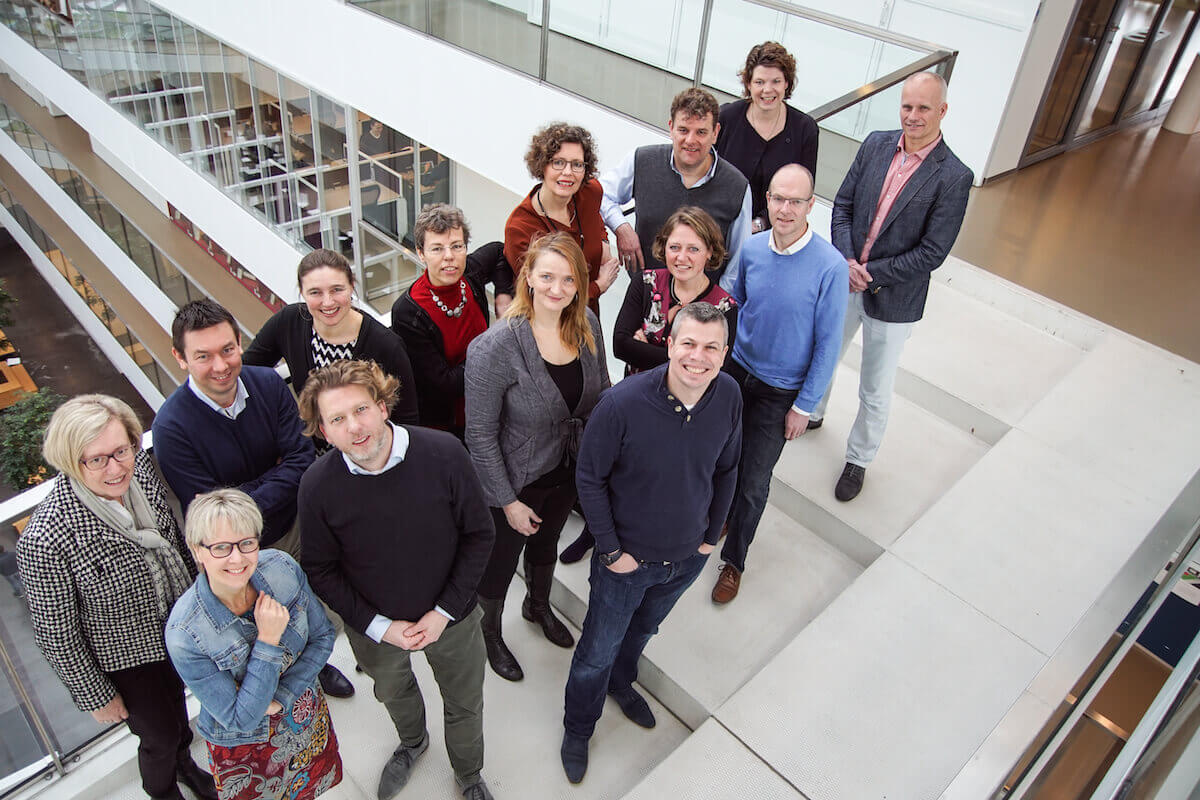
What is the typical time frame for your research projects?
IM: Often a project runs for two years. During those two years, we will have around 15 families that we support. So far the response has been very positive. I think that the business owners and family appreciate that they are part of a research project. That is one of the key points we stress to them, that on the one hand we are helping the company but they are also participating in developing more knowledge that will, in the end, help a much wider group of people. In that way, I think that this research works well for improving best practices.
[ms-protect-content id=”4069,4129″]
AVG: It is important for the participants to try to share the knowledge that they acquire during a project. We try to let that work for other family businesses as well. There are masterclasses, that is a cooperation that is key to the success of the overall program.
IM: What we want to fortify is engaged scholarship. Our aim is to have have an impact on the academic community as well as business owners, and create insights for the students.
What is your vision of your centre for the next 5 years?
IM: Continue want we are doing and developing new projects and initiatives. Last year we started the “Ten Clarenwater” foundation. We got a donation from five companies to encourage research in the family business field. Moreover, together with this foundation, we initiated the Ten Clarenwater thesis award. We received eight master theses and five bachelor theses dealing with challenges in family businesses, and this from quite a few different countries. A jury selected two winners, who will receive a grant and the theses will be published
AVG: Another area we would like to focus on in the years to come are the ramification of dealing with dementia and mental competency amongst the older owners and CEO’s. In some countries, you have up to six generations living and working alongside each other, and because people live longer, this will eventually raise the question – till what point is someone competent? Because if that person keeps postponing all decisions, there can be no transformation of ownership, for instance. At Windesheim we have a center around active aging, and dementia and they want to start an appropriate project around this subject. With our expertise in family businesses, we have a clear connection to this as well. So we will work together to find out how we can deal with it in a family businesses context.
[/ms-protect-content]


